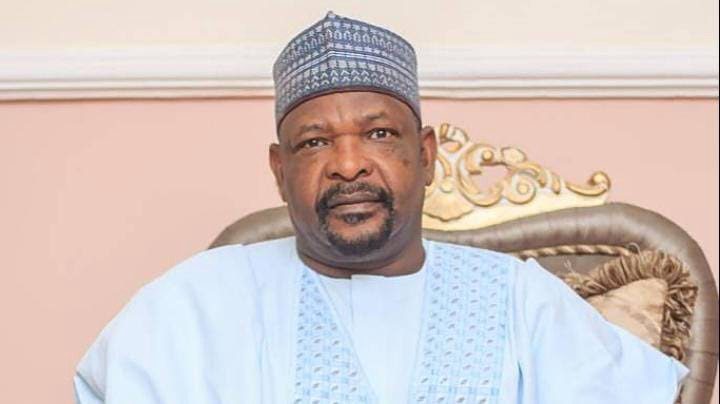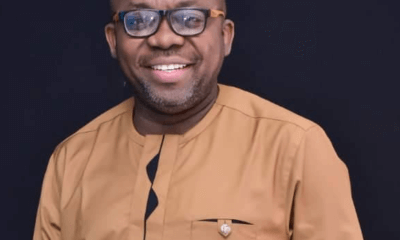Breaking News
It’s terrible Nigeria hasn’t done a census in 17 years, according to Sen Ningi
He noted that over the years, the Annual Population Lecture Series has served as an invaluable platform to delve into the intricate tapestry of demographic dynamics that shape society.

Sen Abdul Ningi, Chairman of the Senate Committee on National Population Commission, has expressed disappointment that Nigeria has not undertaken any population and housing census since 2006.
Ningi spoke at the National Population Commission’s 11th annual population lecture series 2023, which had the theme “A decade of dialogue on population and development in Nigeria” and was held in Abuja.
He said, “It is very negative to say that the last time we had a census was in 2006. We are the largest country in Africa and we must understand that at every given time the entire world looks at us as an African leader and the African countries look at us to lead the way. It is over 17 to 18 years now, we are almost just guessing, today no figure to render out there as to how many we are. How many households do we have in this country?
“Data is so important to the lives of every nation especially demographic data which is very vital and it is almost impossible to run your life activities without this data. So that informs us that at every given time, you as a person need to reflect on your own how many people are in your house and how you feed, wear clothes, educate and healthcare amenities.
“These are all in line with what we are trying to do in trying to make sure that we do not just estimate but we have at least accurate data. It gives a better understanding of how we prepare for tomorrow what we do to the teaming population that we have in Nigeria that have to go to school and what we do to the teaming population that needs healthcare, especially women and children.
“All this information is so important and having been the committee chairman in the last two months or so I have no doubt in mind that the National Population have prepared so well to the extent that they are almost at the advanced stage of holding this national census and what they lack this year is the political will to conduct this national census.
“I think with the various detriment and the machines that this population commission have been able to acquire, I do not doubt that they are at almost 80% ready to conduct this census. In line with that, if we do not conduct this census in the next 12 calendar months that means every effort, all the money spent will be washed away. So the government must look at the policy and fulfil it”.
Earlier, the Chairman NPC, Nasir Isa Kwarra said that this year’s theme, “APLS: A Decade of Dialogue on Nigeria’s Population and Development,” encapsulates a decade-long journey of constructive discourse, knowledge sharing, and collaborative efforts in understanding and addressing the nation’s demographic challenges.
He noted that over the years, the Annual Population Lecture Series has served as an invaluable platform to delve into the intricate tapestry of demographic dynamics that shape society.
According to him, “It has been instrumental in fostering informed dialogues, sparking innovative ideas, and catalyzing actions that contribute to the well-being and progress of our nation.
“Our nation stands at a critical juncture, where the understanding of population trends and their implications on various facets of development is more pertinent than ever. Nigeria’s population growth, coupled with shifting demographic patterns, presents both opportunities and challenges that demand our focused attention, strategic planning, and collaborative action.
“Today, as we convene once again, our objectives remain steadfast: to deliberate on pressing issues, explore sustainable solutions, and fortify our commitment towards a future where every Nigerian can thrive. Our discussions will encompass a wide array of topics, from demographic shifts and their socio-economic impacts to the imperative of inclusive policies and programs that address the diverse needs of our population”.










